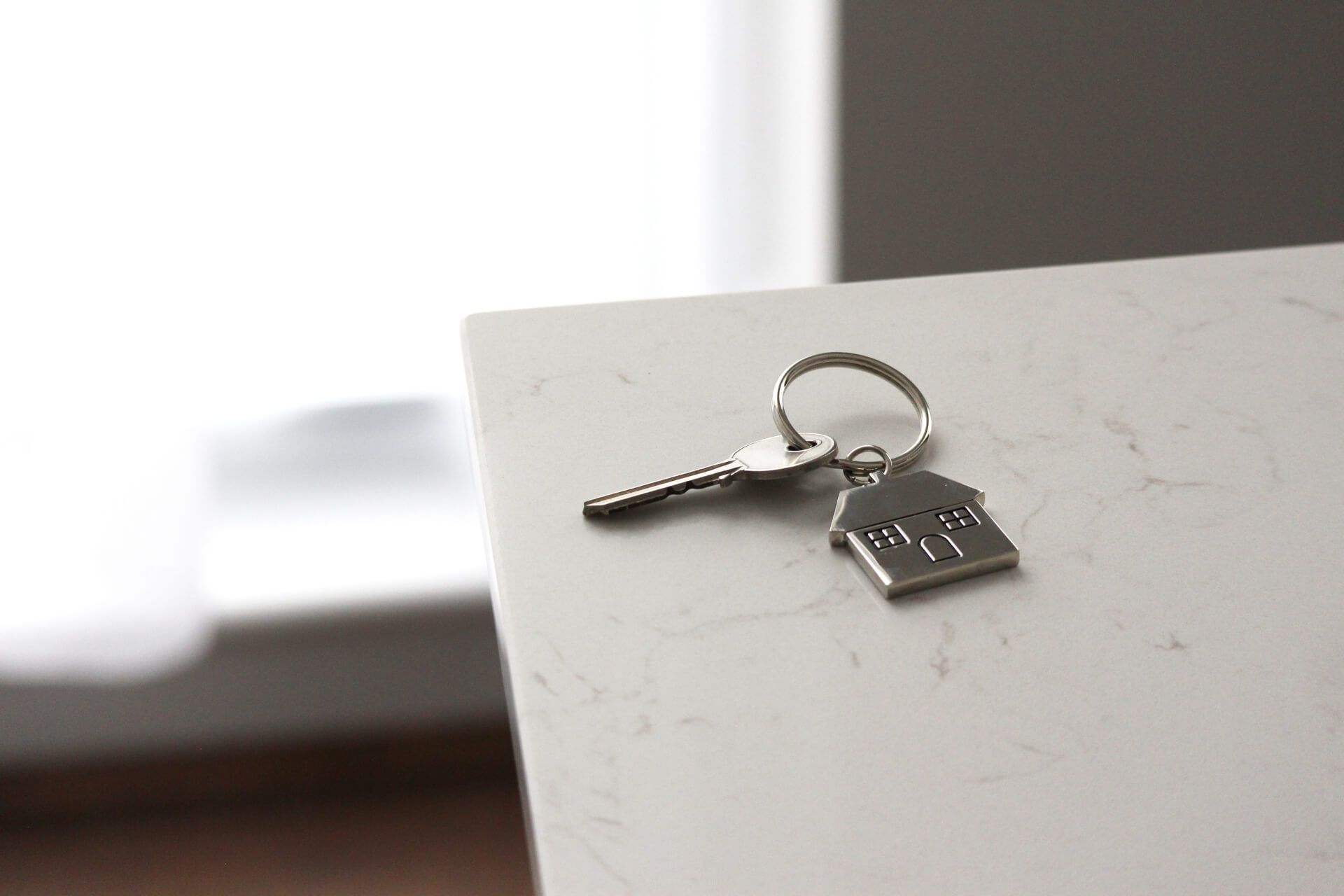As a tenant, it's essential to protect your personal property and belongings from damage, loss, or theft. Renters insurance is a type of insurance that can provide coverage for your personal property and liability while renting a property. When purchasing renters’ insurance, there are several things that tenants should look for to ensure that they get the best coverage for their needs. In this blog, we'll discuss what tenants should look for when purchasing renters’ insurance.
Firstly, tenants should ensure that their renters insurance covers their personal property. Personal property includes items such as furniture, electronics, clothing, and other personal belongings. The insurance policy should specify the coverage limit, which is the maximum amount that the insurance company will pay for personal property damage or loss. Tenants should ensure that the coverage limit is sufficient to cover the value of their personal property.
Secondly, tenants should look for liability coverage. Liability coverage can protect tenants if someone is injured, or their property is damaged while on the rented property. The liability coverage can cover the costs of legal fees, medical bills, and property damage expenses. Tenants should ensure that their renters insurance policy includes liability coverage, and that the coverage limit is sufficient to cover potential liabilities.
Thirdly, tenants should check if the renter’s insurance policy includes additional living expenses coverage. If the rented property becomes uninhabitable due to fire, flood, or other disasters, additional living expenses coverage can cover the costs of temporary living arrangements, such as hotel accommodations, meals, and transportation. Tenants should ensure that their policy includes this coverage, and the coverage limit is adequate to cover their expenses.
Fourthly, tenants should check if their policy includes loss of use coverage. This coverage can provide financial compensation for the loss of use of personal property due to damage or theft. For example, if a laptop is stolen, the loss of use coverage can provide the funds necessary to rent or purchase a replacement laptop. Tenants should ensure that their renters insurance policy includes loss of use coverage and that the coverage limit is sufficient to cover their needs.
Fifthly, tenants should look for endorsements or add-ons that can enhance their coverage. Endorsements or add-ons can provide additional coverage for specific items, such as high-value jewelry, collectibles, or musical instruments. Tenants should consider their personal property and determine if any additional coverage is needed.
Lastly, tenants should compare quotes from different insurance companies to find the best coverage at the most affordable price. When comparing quotes, tenants should ensure that they are comparing policies with similar coverage limits and deductibles. Tenants should also consider any discounts that may be available, such as discounts for bundling renters’ insurance with other insurance policies.
In conclusion, renters’ insurance can provide crucial protection for tenants' personal property and liability. When purchasing renters’ insurance, tenants should look for coverage for personal property, liability, additional living expenses, loss of use, and any endorsements or add-ons. Tenants should compare quotes from different insurance companies to find the best coverage at an affordable price. By purchasing renters’ insurance, tenants can have peace of mind knowing that their personal property and liability are protected.











